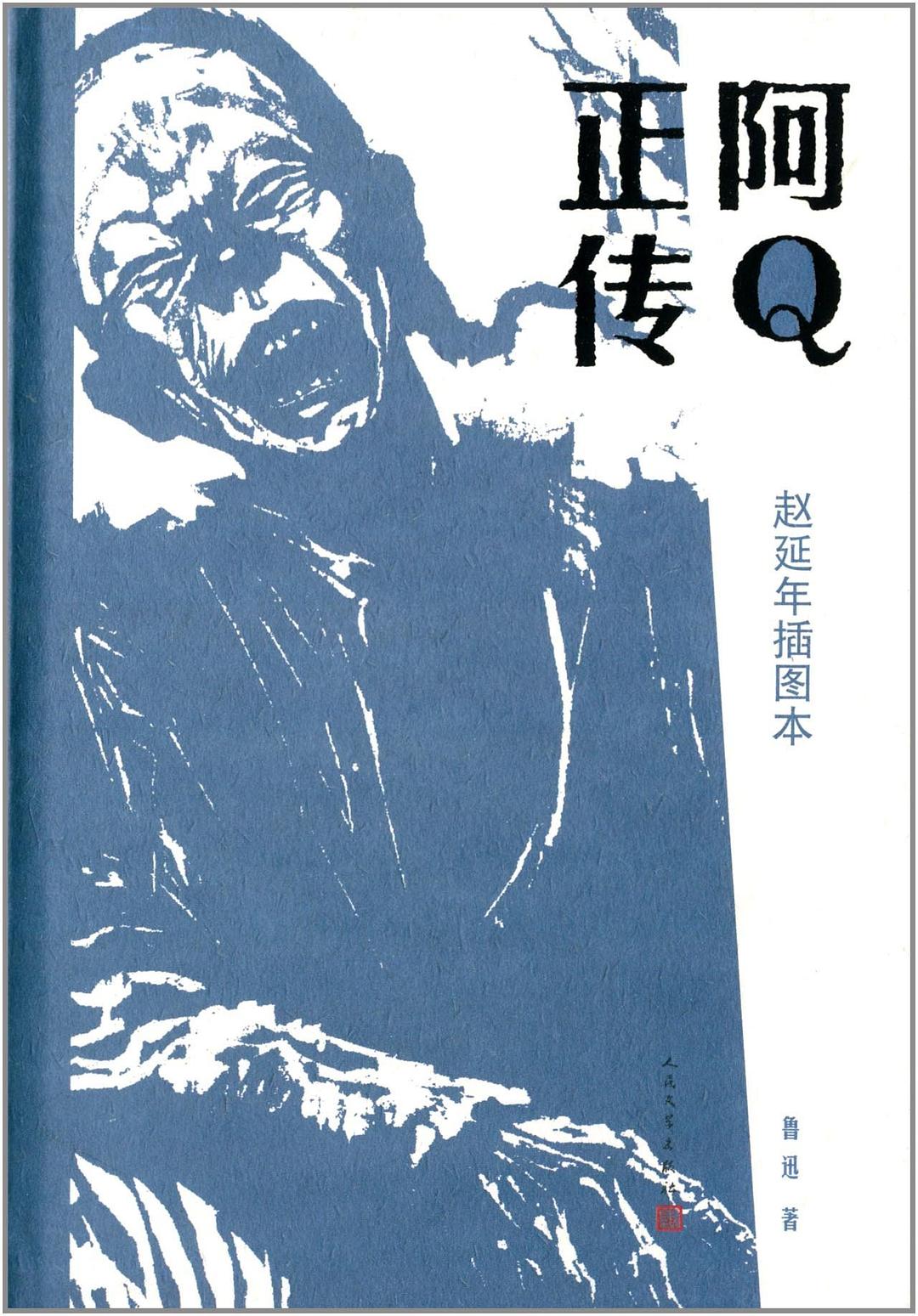WULOLIFE
《阿Q正传》作者: 鲁迅 / 赵延年 出版社: 人民文学出版社
《阿Q正传》作者: 鲁迅 / 赵延年 出版社: 人民文学出版社
Couldn't load pickup availability
Description
内容简介 · · · · · ·
鲁迅的一生,对中国文化事业作出了巨大的贡献:他领导、支持了“未名社”、“朝花社”等文学团体;主编了《国民新报副刊》〔乙种〕、《莽原》、《语丝》、《奔流》、《萌芽》 、《译文》等文艺期刊;热忱关怀、积极培养青年作者;大力翻译外国进步文学作品和介绍国内外著名的绘画鲁迅、木刻;搜集、研究、整理大量的古典文学,编著《中国小说史略》、 《汉文学史纲要》,整理《嵇康集》,辑录《会稽郡故书杂录》、《古小说钩沈》、《唐宋传奇录》、《小说旧闻钞》等等。
1936年10月19日因肺结核病逝于上海,上海民众上万名自发举行公祭、送葬,葬于虹桥万国公墓。1956年,鲁迅遗体移葬虹口公园,毛泽东为重建的鲁迅墓题字。1938年出版《鲁迅全集》〔二十卷〕。中华人民共和国成立后,鲁迅著译已分别编为《鲁迅全集》〔十卷〕,《鲁迅译文集》〔十卷〕,《鲁并重印鲁迅编校的古籍多种。1981年出版了《鲁迅全集》〔十六卷〕。北京、上海、绍兴、广州、厦门等地先后建立了鲁迅博物馆、纪念馆等。鲁迅的小说、散文、诗歌、杂文共数十篇〔首〕被选入等先后被改编成电影。
作者简介 · · · · · ·
鲁迅-中国著名文学家、思想家、评论家、革命家。真名:周树人(1881年9月25日- 1936 10 years 20 years,原名周樟寿,字豫山(后改为豫才)以笔名鲁迅闻名于世。
身高161厘米。浙江绍兴人,为20世纪中国的重要作家,新文化运动的领导人、左翼文化运动的支持者,中国现代文学的开山巨匠。中华人民共和国的评价为现代文学家、思想家、革命家。鲁迅的作品包括杂文、短篇小说、评论、散文、翻译作品,对于五四运动以后的中国文学产生了深刻的影响。鲁迅〔1881 year 9 years 25 years~1936 year 10 years 19 years〕,中国文学家、思想家和革命家。原名周树人,青年时代受进化论、尼采超人哲学和托尔斯泰博爱思想的影响。1902年去日本留学,原在仙台医学院学19 05—1907年,参加革命党人的活动,发表了《摩罗诗力说》、《文化偏至论》等论文。期间曾回国奉母命结鲁迅婚,夫人朱安。1909年,与其介绍外国文学。
绍兴任教。辛亥革命后,曾任南京临时政府和北京政府教育京大学、女子师范大学等校授课。1918年5月,首次用“鲁迅”的笔名,发表中国现代文学史上第一篇白话小说《狂人日记》,奠定了新文学运动的基石。五四运动前后,参加《新青年》杂志工作,成为“五四”新文化运动的主将。1 918年到1926年间,陆续创作出版了小说集《呐喊》 、《彷徨》、论文集《坟》、散文诗集《野草》、散文集《朝花夕拾》、杂文集《热风》、《华盖集》、《华盖集续编》等专集。其中,1921年12月发表的中篇小说《阿Q正传》,是中国现代文学史上的不朽杰作。1926年8月,因支持北京学生爱国运动,为北洋军阀政府所通缉,南下到厦门大学任中文系主任。1927年1月,到当时的革命中心广州,在中山大学任教务主任。1927年10月1929海婴出世。1930年起,中国自由运动大同盟。
中国左翼作家联盟和中国民权保障同盟,反抗国民党政府的独裁统治和政治迫害。从1927年到1936年,创作了历史小说集《故事新编》中的大部分作品和大量的杂文,收辑在《而已集》、 《三闲集》、《二心集》、《南腔北调集》、《伪自由书》、《准风月谈》、《花边文学》、《且介亭杂文》、《且介亭杂文二编》、《且介亭杂文末编》、《集外集》和《集外集拾遗》等专集中。
鲁迅的一生,对中国文化事业作出了巨大的贡献:他领导、支持了“未名社”、“朝花社”等文学团体;主编了《国民新报副刊》〔乙种〕、《莽原》、《语丝》、《奔流》、《萌芽》 、《译文》等文艺期刊;热忱关怀、积极培养青年作者;大力翻译外国进步文学作品和介绍国内外著名的绘画鲁迅、木刻;搜集、研究、整理大量的古典文学,编著《中国小说史略》、 《汉文学史纲要》,整理《嵇康集》,辑录《会稽郡故书杂录》、《古小说钩沈》、《唐宋传奇录》、《小说旧闻钞》等等。
1936年10月19日因肺结核病逝于上海,上海民众上万名自发举行公祭、送葬,葬于虹桥万国公墓。1956年,鲁迅遗体移葬虹口公园,毛泽东为重建的鲁迅墓题字。1938年出版《鲁迅全集》〔二十卷〕。中华人民共和国成立后,鲁迅著译已分别编为《鲁迅全集》〔十卷〕,《鲁迅译文集》〔十卷〕,《鲁并重印鲁迅编校的古籍多种。1981年出版了《鲁迅全集》〔十六卷〕。北京、上海、绍兴、广州、厦门等地先后建立了鲁迅博物馆、纪念馆等。鲁迅的小说、散文、诗歌、杂文共数十篇〔首〕被选入等先后被改编成电影。
